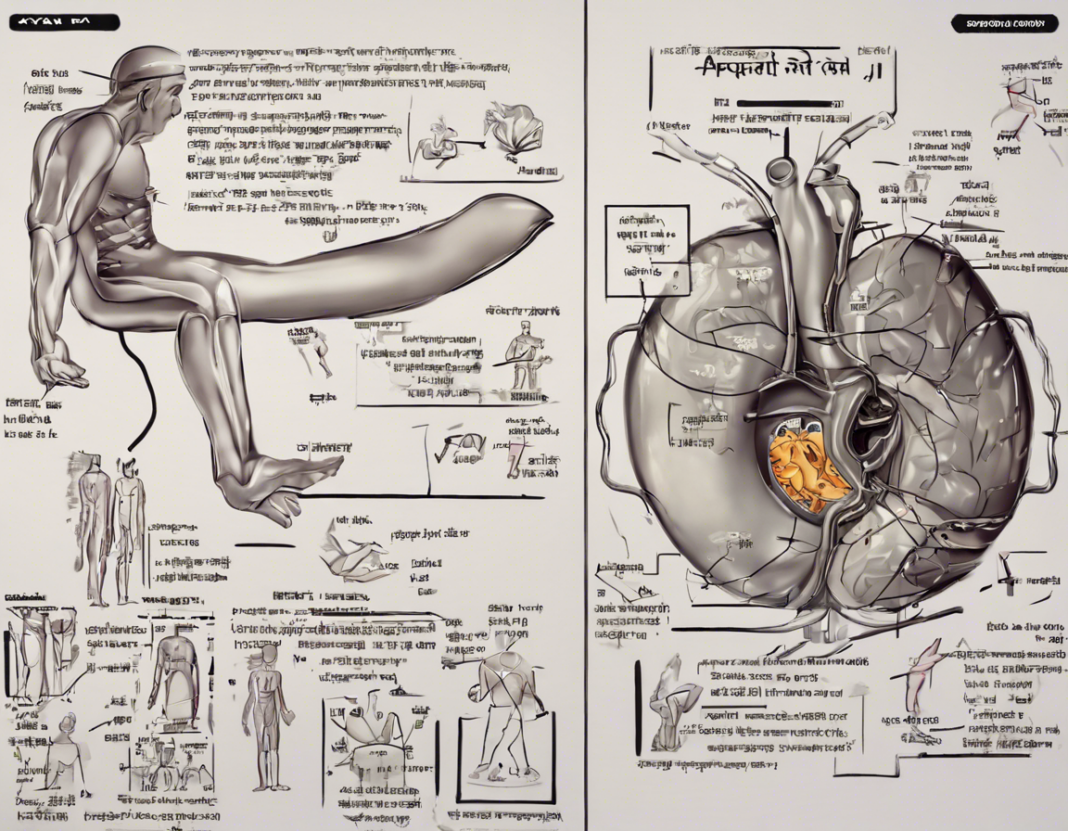The appendix is a small, tube-like structure attached to the large intestine which is known as the vermiform appendix. While this organ doesn’t serve a significant role in the body, it can cause health issues when infected or inflamed. In this comprehensive guide, we will delve into what the appendix is, its functions, common health issues related to the appendix, treatment options, and much more. Let’s explore the world of the appendix and gain a better understanding of this mysterious organ.
What is the Appendix?
The appendix is a small pouch-like sac of tissue located near the junction of the small and large intestines. It is part of the lymphatic system, which is responsible for fighting infection and maintaining the balance of bodily fluids. An interesting fact about the appendix is that it is a vestigial organ, which means it doesn’t have a known significant function in the human body.
Functions of the Appendix
While the exact purpose of the appendix remains unclear, experts believe it may play a role in immune function. The organ contains lymphatic tissue that can help with the production of antibodies to fight infection. Some theories suggest that the appendix acts as a reserve for beneficial gut bacteria, which can be beneficial after a bout of illness that may have cleared out these helpful microbes.
Appendix Health Issues
Appendicitis is the most common health issue associated with the appendix. Appendicitis occurs when the appendix becomes blocked, leading to inflammation and potential infection. This condition often presents with symptoms such as abdominal pain, nausea, vomiting, and a low-grade fever. Immediate medical attention is required when appendicitis is suspected, as a ruptured appendix can lead to serious complications.
Treatment Options for the Appendix
The primary treatment for appendicitis is surgical removal of the appendix, a procedure known as an appendectomy. In cases where the appendix has already ruptured, the surgical approach may be more complex, and additional measures to manage infection and prevent complications may be necessary. In some instances where the inflammation is mild and caught early, antibiotics may be prescribed to treat the infection without surgery.
Appendix Removal and Long-Term Health
After the appendix is removed, most individuals can live a normal, healthy life without any significant impact on their overall health. The body can adapt to the absence of the appendix, and the risk of developing related health issues is minimal. In rare cases, some individuals may experience changes in bowel habits post-surgery, but these instances are not common.
When to Seek Medical Attention
If you experience symptoms such as sudden abdominal pain that becomes severe and localized in the lower right side, along with nausea, vomiting, and fever, it’s crucial to seek immediate medical attention. Prompt diagnosis and treatment of appendicitis can prevent complications such as a ruptured appendix, which can lead to a more serious infection.
Prevention of Appendix Issues
While there is no guaranteed way to prevent appendicitis, maintaining a healthy diet rich in fiber, staying hydrated, and practicing good hygiene can help reduce the risk of developing issues with the appendix. Additionally, seeking medical attention at the onset of symptoms and not ignoring signs of abdominal discomfort can aid in early detection and treatment.
FAQs (Frequently Asked Questions)
Q: Can the appendix burst?
A: Yes, if appendicitis is left untreated, the appendix can rupture, leading to potentially serious complications such as peritonitis.
Q: Is there an age limit for developing appendicitis?
A: Appendicitis can occur at any age, but it is most common in people between the ages of 10 and 30.
Q: Can antibiotics treat appendicitis without surgery?
A: In some cases of mild appendicitis, antibiotics may be used as a treatment option instead of surgery. However, surgery is typically the preferred method for treating appendicitis to prevent complications.
Q: Are there any long-term effects of living without an appendix?
A: In the majority of cases, individuals can live a normal life without any long-term effects after the surgical removal of the appendix.
Q: What are the early signs of appendicitis?
A: Early signs of appendicitis include abdominal pain that starts around the navel and migrates to the lower right abdomen, loss of appetite, nausea, vomiting, and a low-grade fever.
In conclusion, while the appendix may be a small and seemingly insignificant organ in the body, it can cause significant health issues when problems arise. Understanding the functions of the appendix, recognizing symptoms of appendicitis, and seeking prompt medical attention can help prevent complications and ensure a speedy recovery. If you experience symptoms indicative of appendicitis, do not hesitate to contact a healthcare professional for an accurate diagnosis and appropriate treatment.








